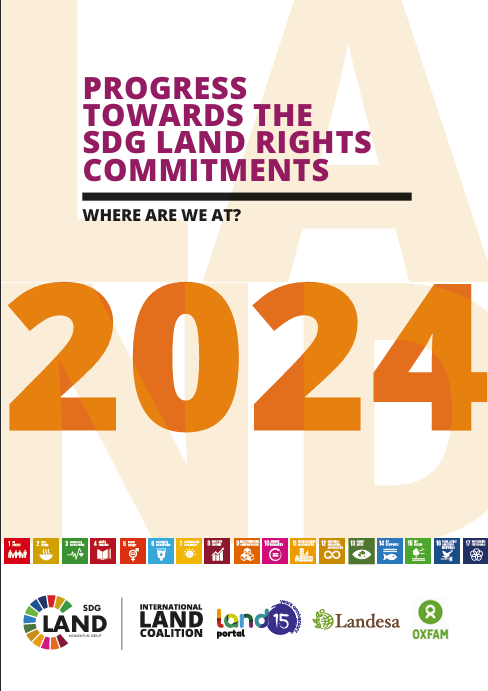Examining linkages among multiple sustainable development outcomes: does the productive safety net program increase on‑farm agrobiodiversity?
play a key role in building smallholders’ resilience. However, the impact of PSNP on on-
farm agrobiodiversity is not yet well investigated. In this paper, we develop an analytical
framework that links PSNP participation to on-farm agrobiodiversity. Both diverse farm-
ing systems and PSNP require labour inputs while providing income stabilization, which
might result in a negative relationship between the two. Conversely, higher income from
PSNP might allow farmers to increase their long-term on-farm investments, as opposed to




